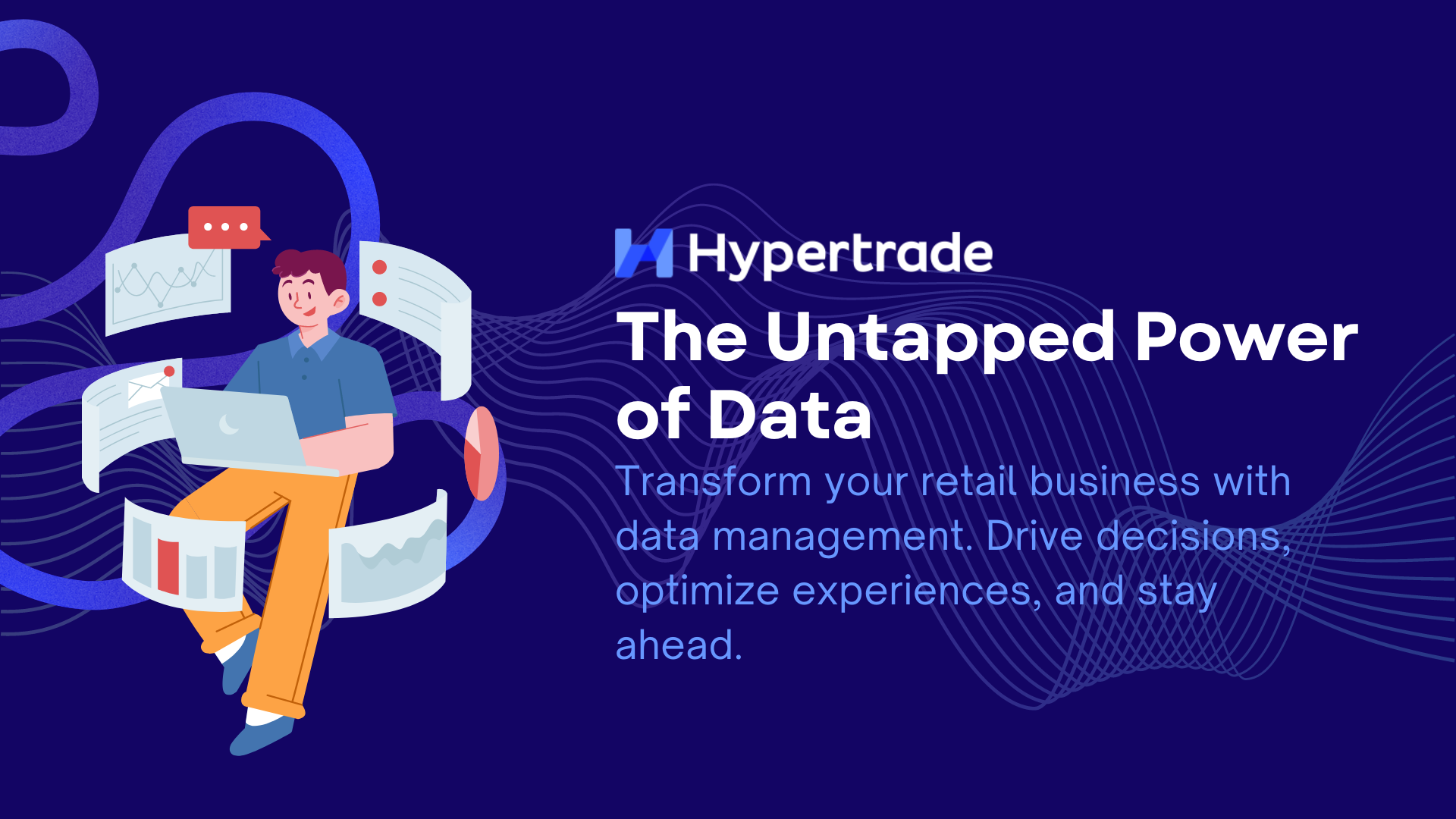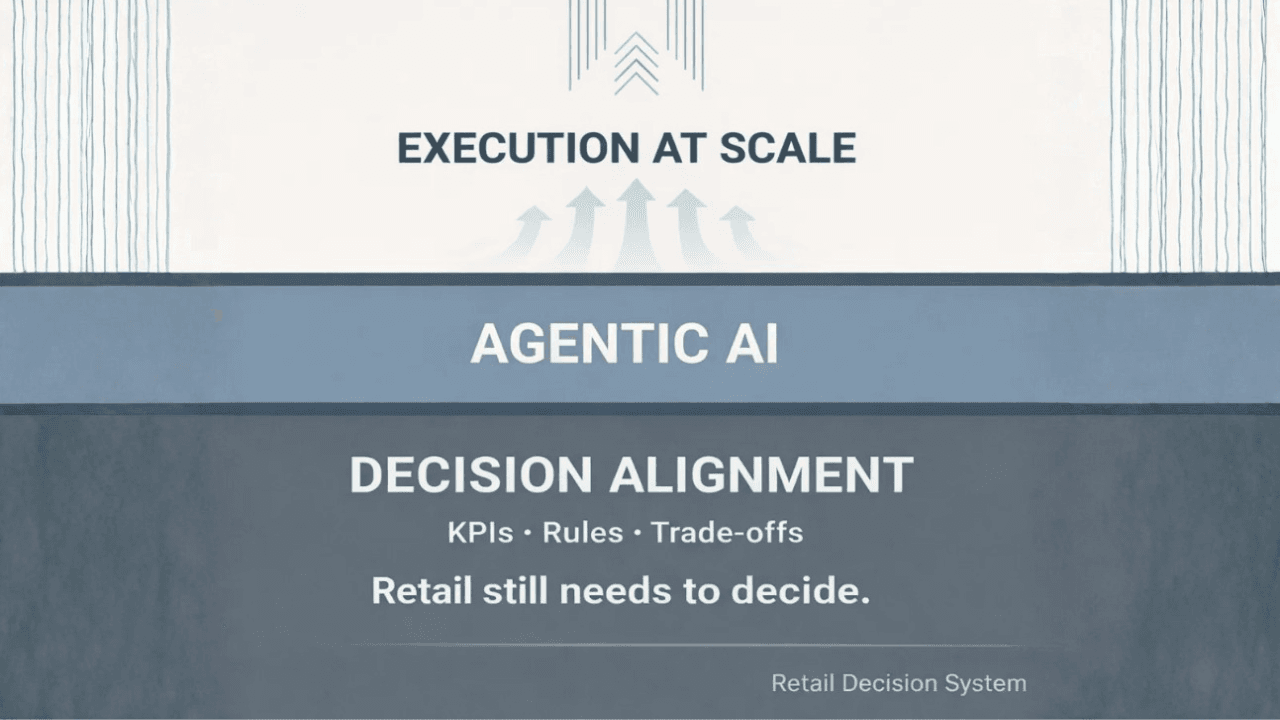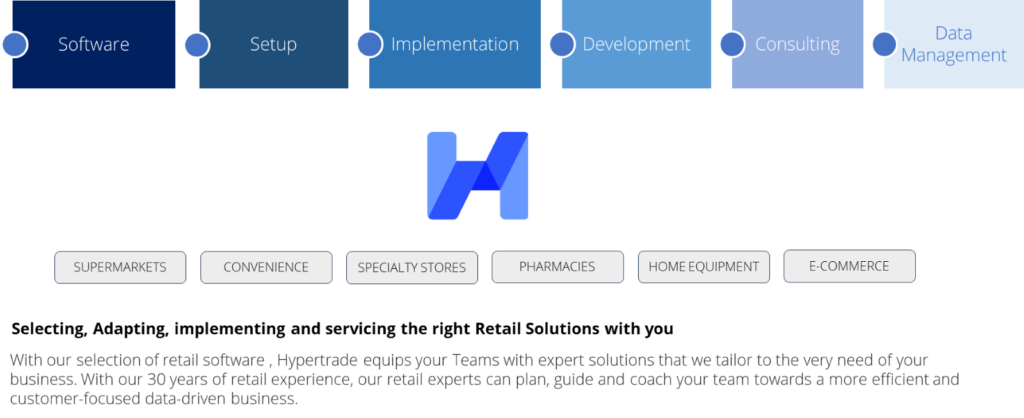The retail landscape is undergoing a seismic shift. Gone are the days of gut instinct and anecdotal evidence driving business decisions (well…normally). Today, the key to success lies in harnessing the power of data – a vast ocean of customer behavior, operational metrics, and market trends. But the collection of data has unearthed a new challenge: it’s the effective management of this data that unlocks its true potential and propels retailers towards a data-driven future.
Why Data Management is Critical for Retailers
Imagine a treasure chest overflowing with gold coins. That’s the potential of data for retailers. But without a proper system to organize, clean, and analyze these coins, their true value remains buried. This is where data management comes in. It’s the comprehensive strategy and set of practices that ensure data is:
- Accurate and reliable: Dirty or incomplete data leads to bad decisions. Data management ensures data accuracy through quality checks and data cleansing processes.
- Accessible and organized: Data scattered across siloed systems is useless. Data management establishes a central repository and organizes information for easy retrieval and analysis. Tools like a PIM (Product Interface Management) are now a necessity.
- Secure and compliant: Data breaches can damage trust and incur hefty fines. Data management prioritizes data security and ensures compliance with relevant regulations.
The Impact of a Well-Structured Data Management Policy: Why it’s really worth
A well-structured data management policy goes beyond the basics of data security and organization. It establishes a framework for using data strategically, impacting business decisions across various departments:
- Customer Experience: Analyze customer behavior patterns to personalize promotions and target the right audience with the right offers.
- Supply Chain: Predict demand fluctuations and optimize inventory management, reducing stockouts, and overstocking, and reducing ordering costs.
- Operations: Identify inefficiencies in logistics and store operations, leading to cost savings and improved service. Discover our free resources about operation effectiveness
- Commercial Offer Evolution: Analyze customer preferences and market trends to develop products that resonate with your target audience.
The Rise of Machine Learning and AI: Data as the Fuel
The future of retail is inextricably linked to artificial intelligence (AI) and machine learning (ML). These powerful tools unlock deeper insights from data, enabling retailers to:
- Personalize the customer experience at scale: ML algorithms identify customer preferences and recommend products likely to pique their interest.
- Optimize pricing strategies: Dynamic pricing models based on real-time data can maximize profitability and cater to different customer segments. Read our free resources about pricing strategy.
- Predict customer behavior: Anticipate customer needs and proactively address them, fostering brand loyalty and satisfaction.
However, the effectiveness of AI and ML hinges on one critical factor: data quality. A well-structured data management policy ensures the data used to train these models is clean, accurate, and relevant, leading to reliable predictions and improved decision-making.
Building a Data Management Dream Team
The benefits of data management are undeniable. But how do you establish a data management team and supporting processes? Here’s a simplified roadmap:
- Define your data goals: What are you hoping to achieve with data management? Identify key areas where data can drive business value.
- Define your product information structure: what is the information you absolutely need to record, and to what level of granularity (this must be an evolving plan: building the perfect data from scratch is a waste of time)
- Assemble your team: Look for individuals with data analysis skills, data governance expertise, and knowledge of your industry.
- Invest in the right tools: Choose data management platforms that streamline data collection, organization, and analysis.
- Identify & Define the Processes that will be driven by the Data Team: from Item maintenance (creation, deletion, status change…) to store, suppliers and promotion.
- Establish data governance policies: Develop clear guidelines for data ownership, access control, and security protocols.
- Foster a data-driven culture: Encourage continuous learning and upskilling within your organization to leverage data effectively.
Unlocking the Power of Data: A Call to Action
Data management is no longer an optional extra – it’s the cornerstone of success in today’s data-driven retail landscape. By implementing a robust data management policy and fostering a data-centric culture, you can empower your business to make informed decisions, personalize customer experiences, and stay ahead of the curve.
Ready to unleash the power of data in your retail business? Contact us today to learn how we can help you build a high-performing data management team and processes that fuel your success.







